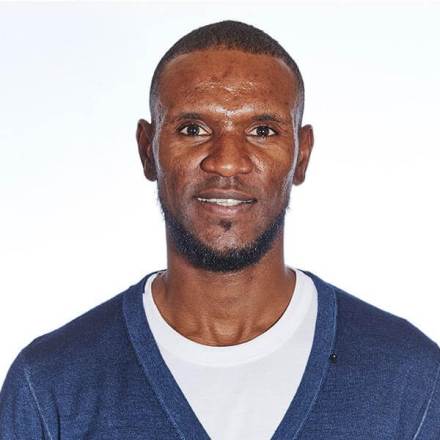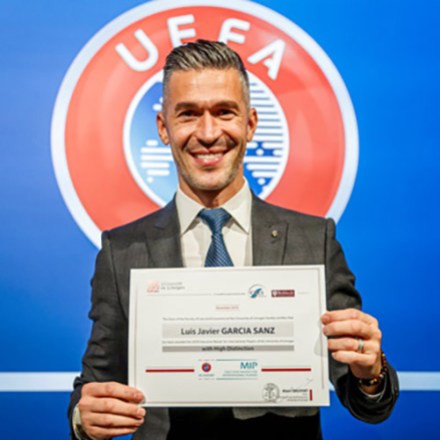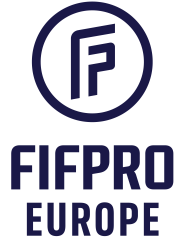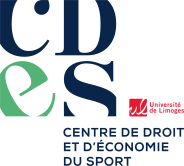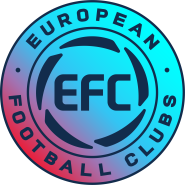UEFA Executive Master for International Players (UEFA MIP)
The UEFA MIP is a unique academic programme that equips former international players with essential professional skills to achieve their ambition of successfully transitioning to a second career within football organisations.
Programme Overview
The UEFA MIP is specifically designed for former professional football and futsal players as a next step in their career off the pitch. There are eight week-long sessions held in major European cities and, to broaden cultural understanding in sport, the last two sessions take place outside Europe. In order to provide a comprehensive overview of football management, each session examines a different aspect of the administration and governance of a football organisation. In addition, players not already working within a sports body are requested to complete a three-month work placement role, which should provide hands-on and day-to-day experience.
Former internationals who have played at the highest level have a lot to offer in football administration. Players often show leadership, discipline, commitment and vision on the field, and they shape the mood of the rest of their team. The UEFA MIP takes these abilities and moulds them into those of successful managers. This programme is therefore designed to bridge the gap between the technical skills gained by experienced players and the administrative knowledge required to occupy senior positions within football organisations. The UEFA MIP considers participants’ current situations and the main challenges top executives face nowadays, to ensure a smooth and successful transition from top player to top leader.
Quick view
Faq
- Who Former international football and futsal players, referees and coaches
- When Every two years, sixth intake in October 2025
- How Long 20 months
- Where Six sessions in Europe, one in the United States and one session in South America
- Price €28,500 (including all programme materials, lunches, coffee breaks, as well as at least one social evening per seminar) - scholarships available
- Number of participants 30
- Academic certification Executive Master, 60 ECTS credits
- Language English
- Inclusivity, Diversity and Parent Support We welcome all participants from diverse backgrounds and cultures, recognising the unique value that diversity brings to our community. If you have any uncertainties about meeting specific programme criteria, we encourage you to reach out to us. in addition, the UEFA Academy is aware of the challenges parents of young children can be facing when perusing continuous education. Should you believe it could be an obstacle to your education journey, contact us to learn more about the support the UEFA Academy can offer in that regard.
- Website https://www.uefamip.com
- Be part of the MIP Alumni Association After graduation, your journey with the programme continues. Join a global network of 120+ former international players looking to shape the future of the game, engage in exclusive networking opportunities, contribute to event organisation, and stay connected through dedicated platforms, expert-led sessions, and dynamic communication channels. https://mipalumni.com/
Important dates
- 31 May 2025 Applications for UEFA MIP sixth edition close
- 13 Oct 2025 Start UEFA MIP sixth edition
Programme Outcomes
- Confidence to act as a leader within football administration
- Key skills to successfully manage a second career
- Broader network within the sports industry
Roadmap
Nyon, Switzerland
As a former international player, you have a clear vision about how football works, on and around the pitch. But you probably need to strengthen your knowledge about what goes on behind the scenes. This first session provides a presentation of the sports sector in general and the professional football landscape in particular. Who are the different stakeholders in the sector? What are the specific features of sports economics and the football industry compared to general economic sectors? Through academic and professional presentations, workshops and debates, you will be afforded a comprehensive insight into the features and complexity of the football ecosystem. This first session will also help you identify how to appreciate and use your legitimacy and skills in order to become a top manager.
Learning objectives:
- Draw up an overview of the stakeholders in the sports sector and professional football
- Introduce the general institutional, legal and economic frameworks of the European professional sports system
- Underline the characteristics and specific features of the economics of team sports
- Highlight key skills that can be mobilised to transition from a top player to a top leader
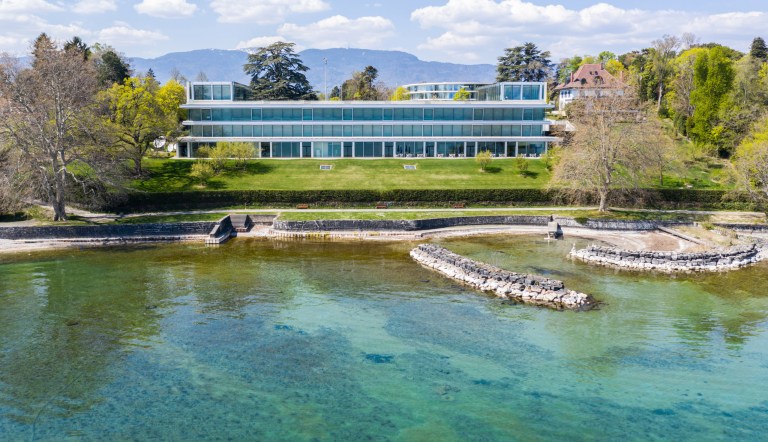
Paris, France
Some of the skills that you have acquired in your playing career are directly transferable, while others will need supplementing. Your task is to apply these skills to a clearly defined, coherent project that takes into account the history, culture and values of the organisation for which you work. During this session you will learn from several managers with sports and business backgrounds. Various activities will also help you reflect on what kind of leader you would like to become.
Learning objectives:
- Understand the role of the manager and their key skills
- Learn about the importance of a clearly defined strategy for a sporting organisation and how to implement it
- Study simple, practical tools for defining projects
- Discover your leadership style

Lisbon, Portugal
The essence of sport is competition. The objective of sporting tournaments, leagues and competitions is to determine the champion team or individual. This session addresses the challenges of finding the most effective way to organise football competitions in all their variety and complexity. The debate around how the UEFA Champions League competition should be structured in the 2024-2027 cycle illustrates this point very clearly. Explanations are given of the theoretical principles underlying effective competition design, such as the need to maintain competitive balance, financial stability and the integrity of competitions. The practical application of these principles is illustrated with the use of multiple case studies of real-world football competitions.
Learning objectives:
- Understand the key principles informing the successful design of club and national team competitions
- Understand the key regulatory tools available to competition organisers, e.g. salary caps, luxury tax, financial fair play systems, etc.
- Learn the key operating principles of labour markets in football related to the retain and transfer systems, and the role of clubs, agents and regulators such as FIFA in this system
- Explore the specific dynamics of women’s football competitions as a critical growth sector in the football ecosystem

Madrid, Spain
Managers in action 1–5 June 2026, Madrid This session will help participants understand the different kinds of organisations that exist in football administration today. Based on this information, they should then be able to analyse decisionmaking processes. The main content of this session concerns relationships between people. Participants will be introduced to a variety of important topics in order to help them become great managers: there is a clear definition of the objectives, including the importance of selecting and motivating an effective team. Additionally, participants will practice the skills required for successful negotiation and communication.
Learning objectives:
- Examine the administrative organisation of clubs and federations
- Understand the decision-making processes in sports organisations
- Outline basic financial concepts
- Explain the roles and skills of different stakeholders in a football organisation

Dortmund’s region, Germany
Sporting and technical management have become a key issue for football organisations (clubs but also national associations). As it drives both sporting success and financial development, sports talent management is from a critical importance. Talent identification, player development and valuation are a major part of clubs’ strategie. Specific attention will be paid to scouting strateties and to the role and skills of club’s sporting and technical directors.
Learning objectives:
- Present the general business model of professional football clubs and identify the key pillars
- Identify the different stakeholders involved in sports talent management
- Understand the basic principles of scouting and recruitment
- Highlight the role and importance of the sporting or technical director in a club
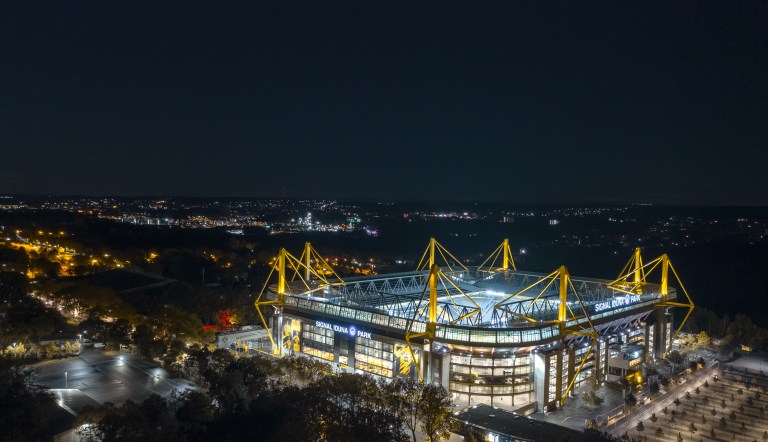
London, UK
The modern and successful football organisation should identify and satisfy consumer needs by delivering compelling products and services in a unique and profitable way. In sports, we market to fans and commercial partners alike; this requires a broad set of strategic skills to succeed in a highly competitive, rapidly evolving marketplace. We compete with other sports as well as with other forms of entertainment. This session will also address clubs’ ability to turn stadiums into profit centres and operations management, particularly through observing the inner workings of a UEFA club competition match.
Learning objectives:
- Build a strong brand strategy to guide the offering, communications, pricing, and distribution
- Develop a marketing plan based on consumer insights, competitive analysis, understanding the market, segmentation, and targeting
- Understand how to build a strong proposition in key revenue-driving verticals: broadcast rights, matchday revenues, sponsorship and licensing, digital fan engagement, and direct-to-consumer
- Demonstrate the role and importance of stadiums and events in a club’s development

Miami, USA
This session covers an alternative sports model that has its own history and culture. The study of this model will allow you to broaden your managerial horizons and acquire new tools for success. It also encourages creative thinking about the key factors in the success of a league or club, including the implementation of regulatory tools. Although the consumption of American culture and sport is significantly different to European consumption, this session will help you identify some very practical tools that could be implemented in European football in order to increase its economic and social value.
Learning objectives:
- Offer a non-European perspective from outside Europe, with the illustration of a very different but very prosperous model
- Demonstrate that both the European and North American models are tailored to their history and environment
- Illustrate the need for sports models to be regulated
- Describe the policies implemented to promote gender equality and fight discrimination

Rio de Janeiro, Brazil
Football is multifaceted: it is simultaneously a game, a sport, an economic sector and a highly globalised industry. After a strong focus on the European context and the North American model of sport, this final session visits South America to offer a comprehensive insight into the globalised nature of football and its challenges. Based on a series of presentations and interactive workshops, this f inal session will give participants the opportunity to apply what they have learned throughout the programme.
Learning objectives:
- Understand the global nature of the football industry and its current and future challenges
- Learn more about the South American football market and its connections to Europe
- Study different organisational models
- Apply the programme’s key learning points

UEFA competition, TBC
Each participant will be invited to present their final report orally, in front of the UEFA MIP examination board, one or two days before a UEFA competition final. This is your opportunity to defend your project or the topic of your report and present the challenges and strategies involved. Following this oral exam, a graduation ceremony will be organised. This ceremony will mark the end of your UEFA MIP journey and the start of a new chapter in your career.
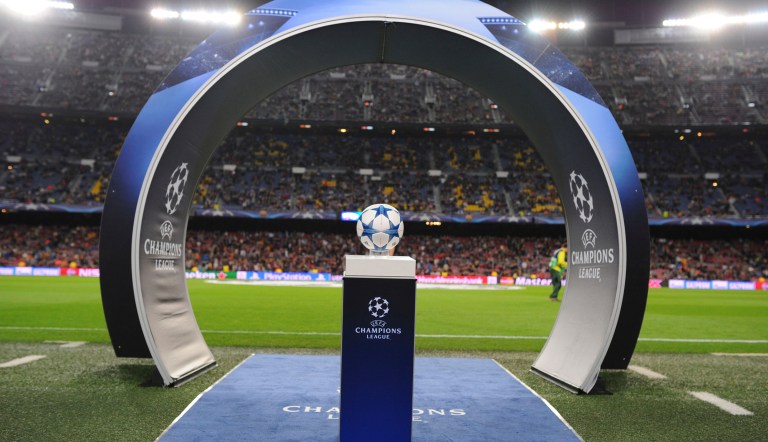
Nyon, Switzerland
The graduation ceremony of the programme will take place during the first session of the following edition at the UEFA headquarters in Nyon, Switzerland.
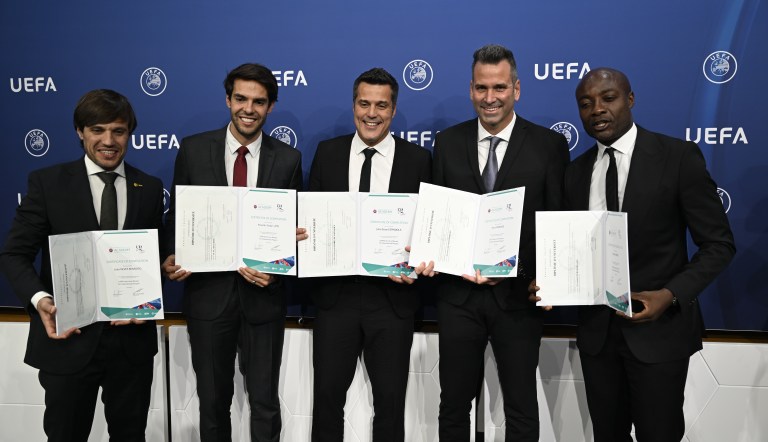
What our students and experts say
